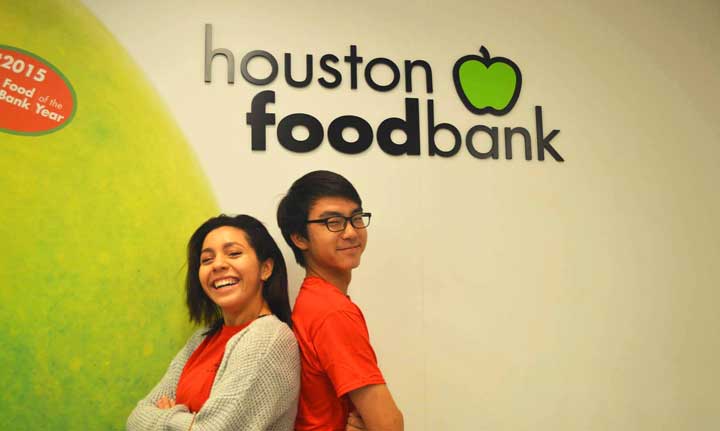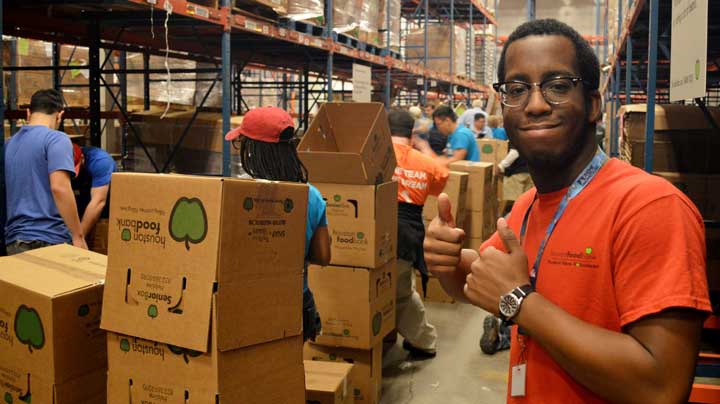
By Alexandra Fradelizio | m/Oppenheim Media Writer
For the thousands of individuals who face hunger in times of crisis or in their everyday lives, food banks provide relief for difficulties faced. However, many undervalue the importance of redistributing surplus food to those with limited resources.

“The estimate of food waste in the United States is about 40 percent,” explained Brian Greene, Chief Executive Officer of the Houston Food Bank.
“Billions and billions of pounds of food are a resource that we should be re-purposing, and we need to do a much better job at capturing it.”
As part of Feeding America, the Houston Food Bank supplies food to pantries and meal programs throughout communities in southeastern Texas. Throughout its nearly 10 year history, over 80,000 individuals have volunteered for the organization and have helped to redistribute produce, dairy, meat, and other foods from 300 outlets in the Houston area.
“We very aggressively went after making this a destination in the community for people to volunteer,” explained Greene.
“We’ve had a lot of success in trying to make the food bank an attractive place for people to come and do this as an activity with their family or church group. The volunteers have been very helpful not only for us as a labor source but also to help us win more resources so we can pursue more donations of surplus food.”
“We train all of our volunteers so they have an engaging, uplifting, and productive experience.”
The food collected by the Houston Food Bank serves about 800,000 adults and children. The organization is present in 600 schools and makes hot meals for thousands of greatly disadvantaged children in aftercare and day care programs. Additionally, the Houston Food Bank partakes in successful programs that provide nutritional education and recipes to children and their parents.
“The purpose of these programs is to flip low income households into becoming produce-consuming households,” said Greene.
The food bank, which is heavily funded by corporations and individuals donors, is continuously exploring various strategic ways to disperse food within the Houston area. The organization is further training volunteers to efficiently and effectively serve all who visit the Houston Food Bank.

“We are trying to rethink how we re-purpose some of our distribution towards more long-term impact,” explained Greene.
“We realize that there are more things we can do.”
Greene, who has previously worked for food banks in the fight against hunger, believes the Houston Food Bank can build upon its already thriving model.
“When I look at food banks, you have an engine and what outcomes the engine accomplishes. Part of it is maximizing the engine, and the possibilities for the engine are far greater right now.”
“If you go to the food bank, it isn’t what you would expect. It looks like a very professional operation.”
It is this way of operating by helping both those in need and providing opportunities for individuals to help their fellow citizens that will allow the Houston Food Bank to thrive.
“In 10 years, it is my hope that we will have proven, through rigorous outcome measurements, techniques to have much more long-term sustainable impacts than what we see today,” said Greene.
“I am very open to what those will be.”
Please Donate to the Houston Food Bank’s Hurricane Harvey relief efforts.
